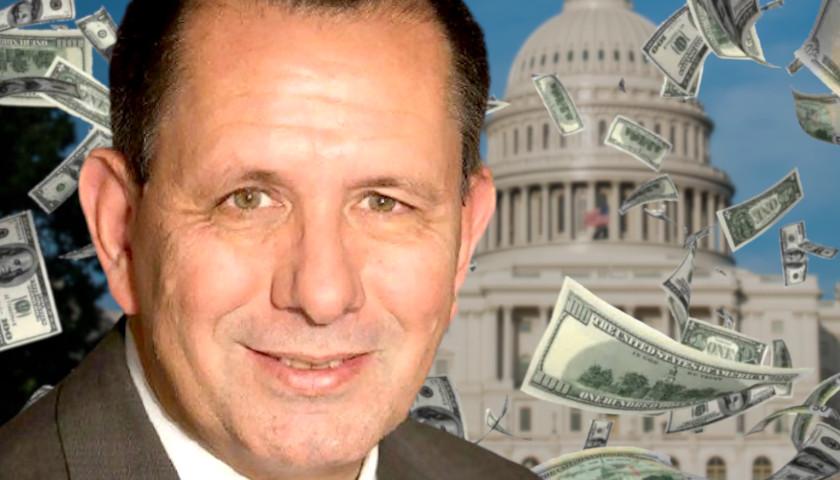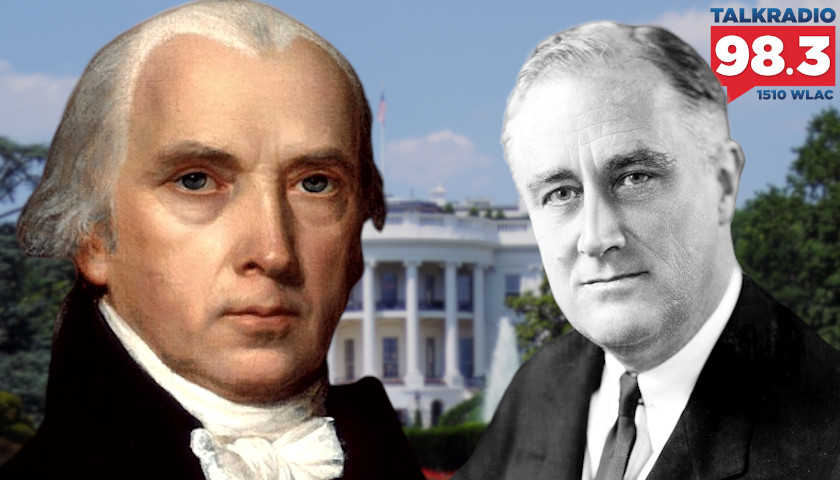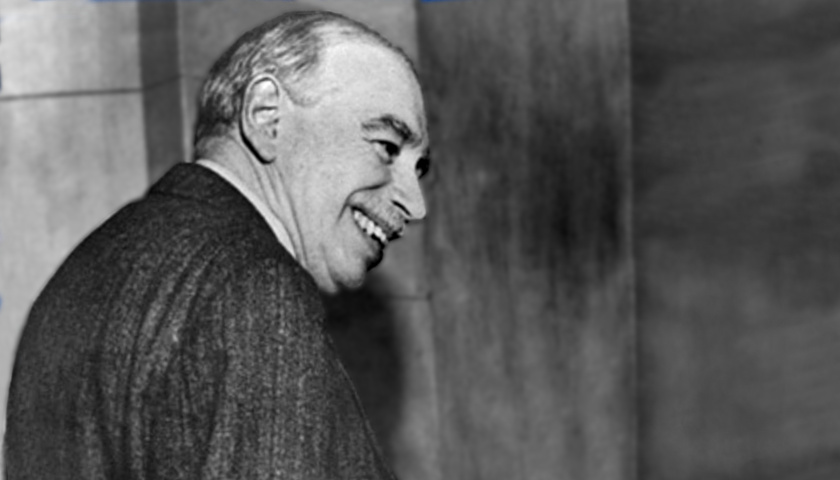For most of our lifetimes, classically liberal economics so dominated the Right that nobody wondered if conservatives were abandoning free markets. In recent years, though, a new generation of conservative thinkers—more traditionalist, populist, or nationalist than libertarian—has challenged the utility and even the morality of laissez faire economic policy.
We welcome their questions and critiques, as they have compelled American conservatives to have a long overdue conversation about the market, the family, and the state. But the blunt truth is the movement cannot abandon free markets. The moral and practical case for free enterprise is as necessary today as it was when Ronald Reagan and Margaret Thatcher used it to rescue their nations’ economies and win the Cold War.
Read the full story







